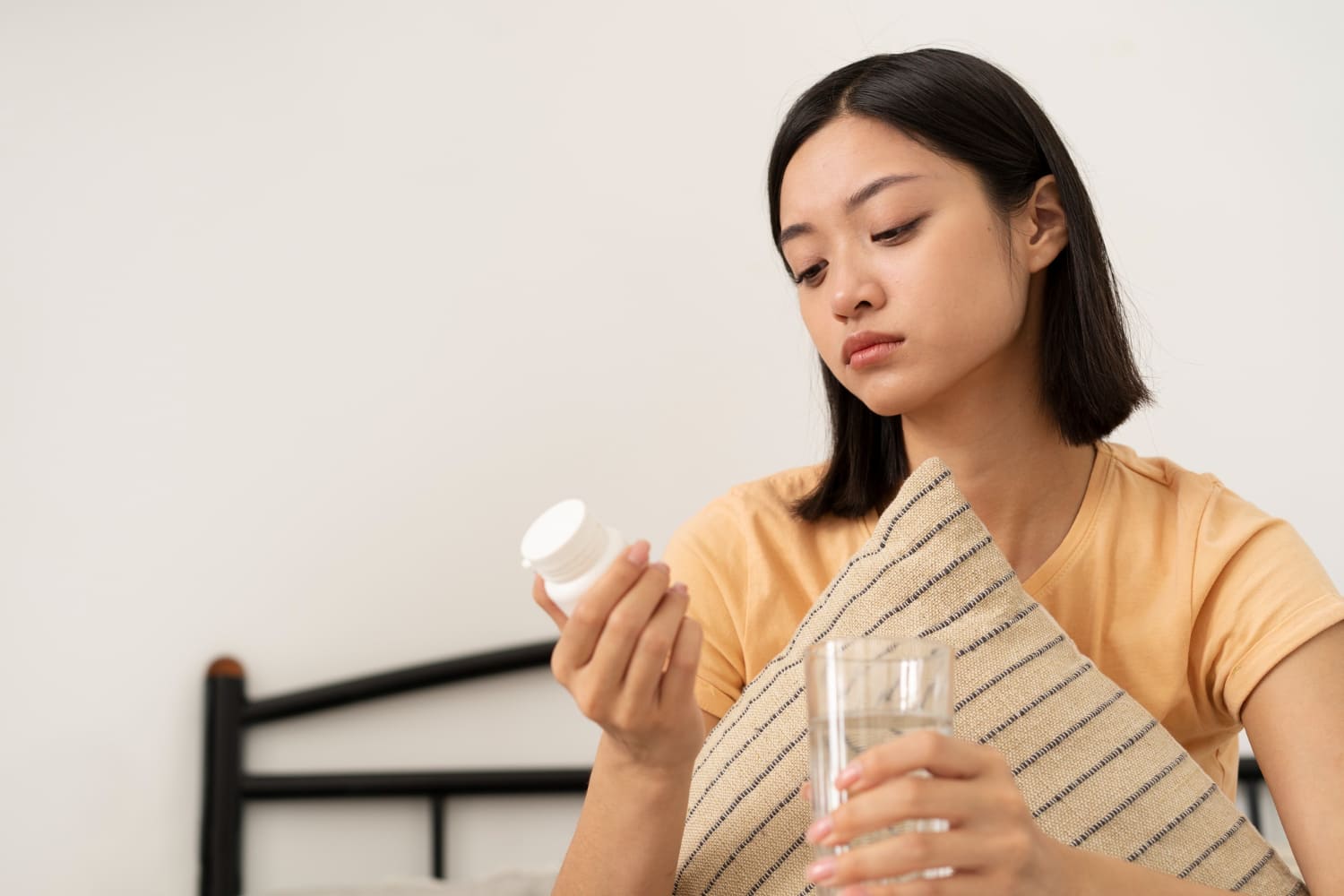
Periods, Pads and Public spaces: Nourlynn's Journey with Periods in the Middle East
How growing up with taboos shaped Nourlynn's perspective and hopes for the future.
"Growing up as a girl in the UAE, my experience with periods was, in many ways, a mix of privilege and silence. Personally, I’ve always had an open mind when it comes to situations surrounding periods. I never felt embarrassed or shy about the topic itself, but that didn’t mean the world around me reflected the same openness.
Periods were often treated as a taboo subject. They weren’t openly discussed, not at home, not in public, and definitely not in school. There was no proper curriculum that taught us about menstruation or even the reproductive system as a whole. Like many girls, I had to figure out a lot on my own, through observation, conversations with friends, or personal research.
Practical challenges came along too. Public spaces and schools rarely stocked pads in restrooms. You always had to be prepared and carry your own, otherwise you’d be left scrambling to find an overpriced shop or relying on someone you trusted, which isn’t always possible in the middle of a school day or in an emergency. In some cases, you could go to the nurse’s office, but that was far from ideal when time and comfort really mattered.
I consider myself lucky that I managed to foster a healthy mental environment when it came to periods. I understood my body and accepted this natural process without shame. But I also know that not everyone had the same experience. Many people around me were scared, embarrassed, or simply uneducated about menstruation. This was especially true for older generations, who often grew up without access to accurate information about their own reproductive health.
If I imagine having a daughter one day, I know exactly what kind of environment I would want for her, one where conversations about periods are open, comfortable, and never shamed whether at home or in public. I hope that by then, schools will take a bigger role in teaching reproductive health, and that these discussions will spark healthier conversations in families as well.
And on a very practical level, I hope bathrooms, especially in schools, universities, and large businesses, will finally be stocked with pads and other essentials. Periods are universal, and being prepared for them shouldn’t be a privilege, but a standard.
At the end of the day, periods are not just a personal matter. They are part of everyday life for half the population, and society needs to catch up to reflect that reality with openness, support, and the resources we all deserve."
Nourlynn Kortbaoui













